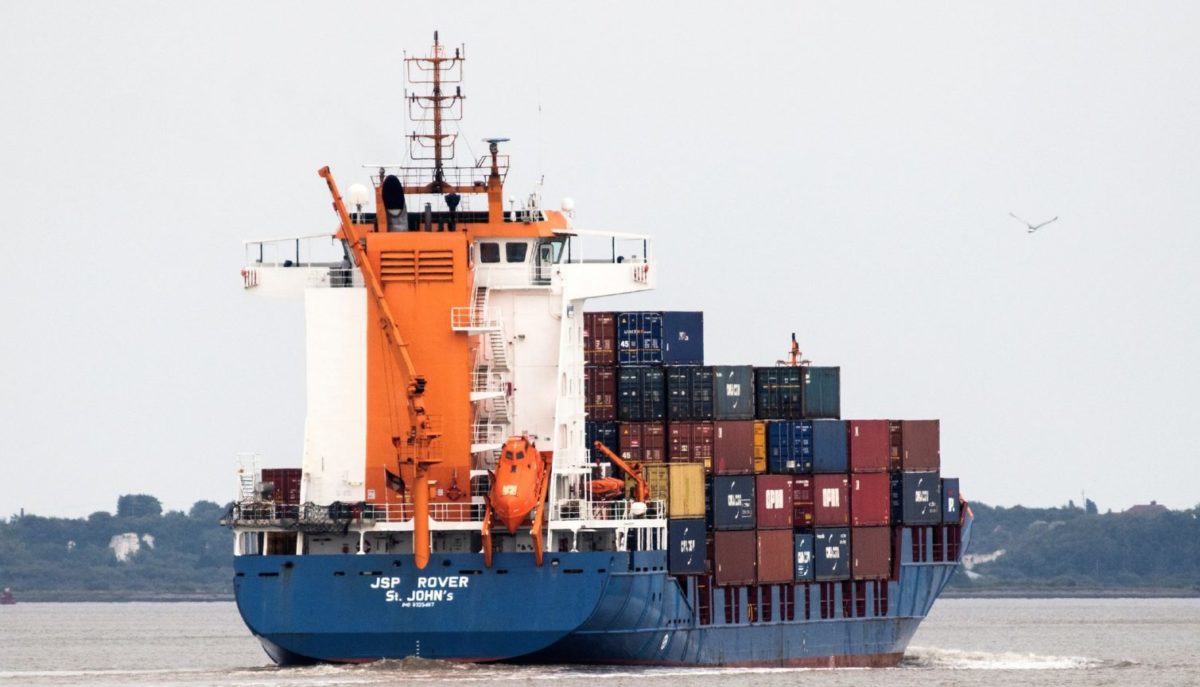Container ships are a crucial part of global maritime transportation. In terms of value, and according to Clarkson’s calculations, the more than 5,500 container ships (in 2021) account for approximately 60% of global maritime transport. Container ships have traditionally been designed for high-speed operations, reaching speeds of up to 25 knots, resulting in high consumption of fossil fuels. Given this background, it is evident that container ships collectively contribute significantly to global maritime CO2 emissions. Therefore, it is a priority to identify effective ways to reduce emissions. Methanol has been identified as a viable fuel for decarbonizing shipping.
Unlike other green fuels like hydrogen or ammonia, ships powered by methanol can be realized with fewer modifications to existing terminal infrastructure. Infrastructure, storage, and distribution for methanol will largely resemble that of other liquid fuels. However, methanol is toxic and has a low flashpoint. It also has a lower energy density than fossil fuels, which poses challenges related to storage, safety, engine technology, and material compatibility. Like other “green” fuels, methanol is also costly. In the long term, there is a significant need for technology development to reduce the costs of renewable methanol.
Goal of pilot project
The intention of this pilot is to investigate the technical and economic feasibility of building one or more new 800-1,000 TEU short-sea container ships that use methanol as fuel.
- The pilot will conduct a techno-economic and safety-related feasibility study for the use of methanol as fuel for container ships.
- The pilot is an initiative to, in the longer term, reduce the barriers to large-scale adoption of methanol.
- The ultimate goal, after completing the pilot study, is the realization of a short-sea container ship powered by green methanol.
Status
The Green Shipping Programme’s Partner in March 2022 agreed to start this pilot.
The pilot study defined five work packages. Together, these packages were intended to provide answers to the pilot’s ultimate goal: whether a short-sea container ship powered by green methanol is realistic in the near/foreseeable future.
Three of the five defined work packages were initiated in September 2022:
- Specification of a feasible new container ship – dual-fuel; VLSFO (very low sulfur fuel oil) / MGO (marine gas oil) and methanol
- Conducting safety studies regarding the design and operational operation of the identified ship
- Conducting a study to determine the availability and costs of using methanol on defined routes in Europe
In addition two more work packages:
- Technology and energy efficiency
- Business model and financing
These were not initiated.
The aim of the pilot was to conclude by the end of 2022 whether this is an economically favorable project to pursue further. The two pilots, Conversion of Existing Container Ships to Methanol and this, worked closely together.
Collicare as pilot owner, and Viasea as wholly owned subsidiary, have over time worked with several different concepts for renewing their fleet. Methanol, which this pilot study focused on, is one of these concepts.
Another concept is based on the use of hydrogen as fuel. In November 2023, ViaSea received a commitment from Enova for two hydrogen-powered container ships – two new builds.
In order to be able to focus their own resources and at the same time respect the resource use of the pilot participants, it is natural that the pilot owner focuses on this hydrogen concept going forward. This pilot study has therefore ended – spring 2024 – in its current form.
ViaSea, a subsidiary of ColliCare that operates container ships in the Northern European trade, is also part of the partnership.

